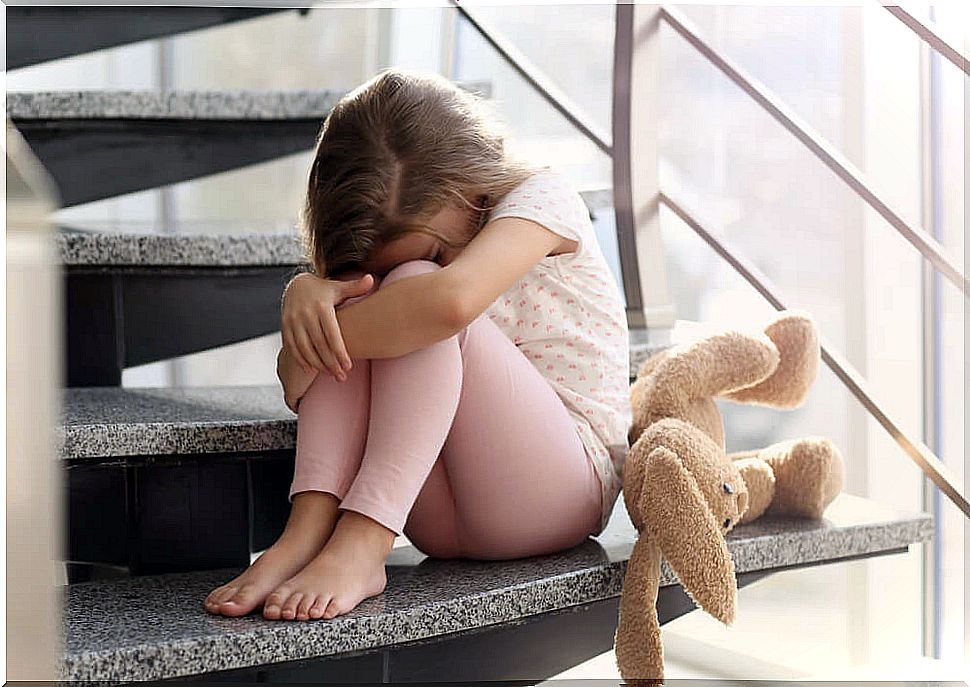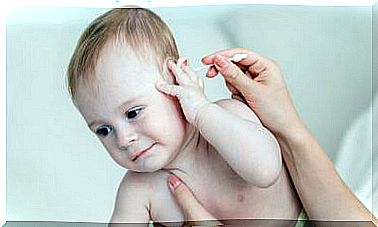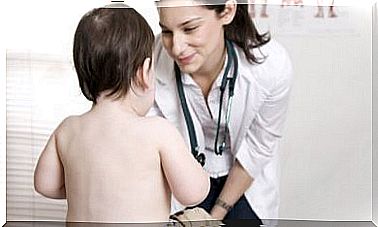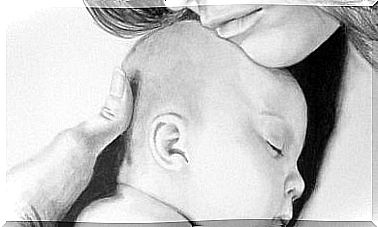How To Treat Your Child’s Anxiety?
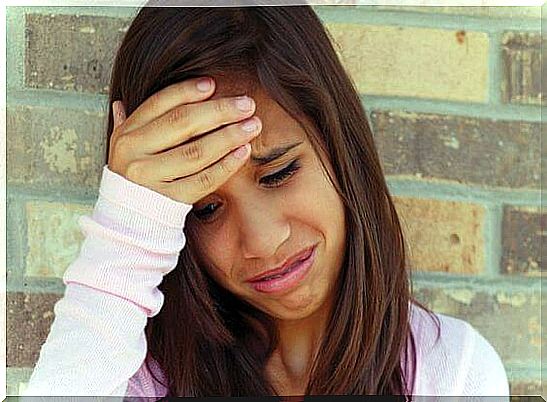
Your child’s anxiety can be developed due to multiple factors. It is possible that adults transmit it to them, it can also be the result of worrisome situations for the little one, even when they are everyday.
You have to be very aware of this, because there is a type of pathological anxiety, which can be very negative for the child’s development.
How worrisome is anxiety?
Anxiety, if it occurs in a controlled way and at low levels, is normal and does not have to be a problem. This appears in response to situations that require alertness, more or less explainable concerns, important moments in life or long waits.
Thus, it can be said that many times the fact of being anxious gives us a push to do things that in other cases would be difficult for us to do. In the same way, it can be accompanied by a positive feeling that allows a balance with the particular context that we are living.
However, there is a pathological anxiety that can be very negative. Well, among other things, it limits us when it comes to acting and encloses us within certain parameters. Which can affect both children and adults.
In this sense, according to their clinical presentation, there are reasons that should concern us if we notice that they affect our children in any way. There are situations that determine the appearance of anxiety in children according to their age.
Forms in which anxiety occurs
The main causes of the appearance of anxiety are related to some type of separation, the beginning of the school stage or adolescence. The forms in which it is presented can be:
- Somatization: may present physical symptoms due to anxiety, it is common in very young children. In the case of adolescents or older children, the somatizations are usually mental.
- Phobias : it is more common in school-age children, it can manifest itself through fear of socializing, also in the form of agoraphobia and specific fears of academic activity
- Obsessive Compulsive Disorder: also known as OCD, it is a disorder that appears in adolescence, although in some cases it can appear in earlier ages. The symptoms of OCD, in this case, are generated by the previous appearance of anxiety.
- Hypochondriac Disorder: it can occur at any age and is caused by extreme anxiety attacks or cases of post-traumatic stress.
How does your child’s anxiety manifest itself?
It is not a situation caused by the child, but something that cannot be controlled and that manifests itself through easily verifiable elements. The most common is that it manifests itself through physical discomfort and in many cases also emotional or mental.
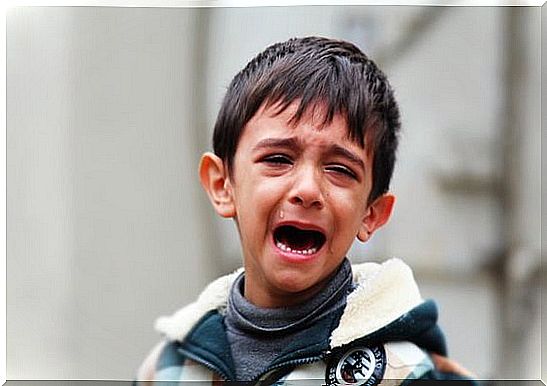
Each child may have different symptoms, and they may even vary over time. Likewise, the predominance of some of the symptoms can be distinguished, among the most frequent we have:
- Dizziness.
- Lack of concentration.
- Tachycardia.
- Depressive states
- Tremors
- Pallor.
- Sweating
- Inability to perform actions such as reading or thinking.
- Restlessness.
- Abdominal, headache or other pain.
- Humor changes.
- Irritability.
- Redness
- Trouble breathing.
- Uncontrolled crying.
- Negativity and discomfort because their suffering is noticed.
- Regression in terms of overcome situations, such as wetting the bed or having left the bottle.
How to help your child with anxiety?
It is possible that the anxiety that your child presents is actually a reflection of what you are expressing, which is why, the main way to help him is by controlling our own worry. If you show high levels of anxiety, it is important to be helped by professionals, who recommend the following procedure:
- It is unavoidable that there is a psychoeducational process, so that the patient and the family are aware of the problem. This includes providing the necessary information so that there is a cognitive foundation for the characteristics of Generalized Anxiety Disorder.
- It is recommended that in addition to the knowledge on the subject, they also know the procedure to act in cases of crisis and how to treat them in general.
- Avoid as much as possible that the child is a witness to the anxiety of other people or is in contact with stressful situations.
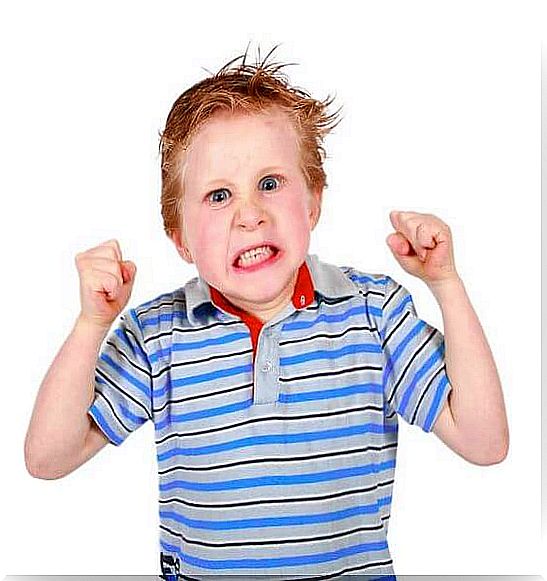
- Invite him to express his emotions, to express his feelings in a particular situation.
- With your child, specify an activity that he likes, something that distracts him without impositions or fears.
- Help him breathe easy and avoid lecturing in times of crisis.
- It is advisable to go to psychotherapy as appropriate, for which it is important to choose the correct therapist and ensure that there is a short-term improvement.
- If necessary, specialists may indicate the use of drugs. In this sense, it is very valuable to leave the treatment in the hands of physicians, who will decide when to start and end the medication.
